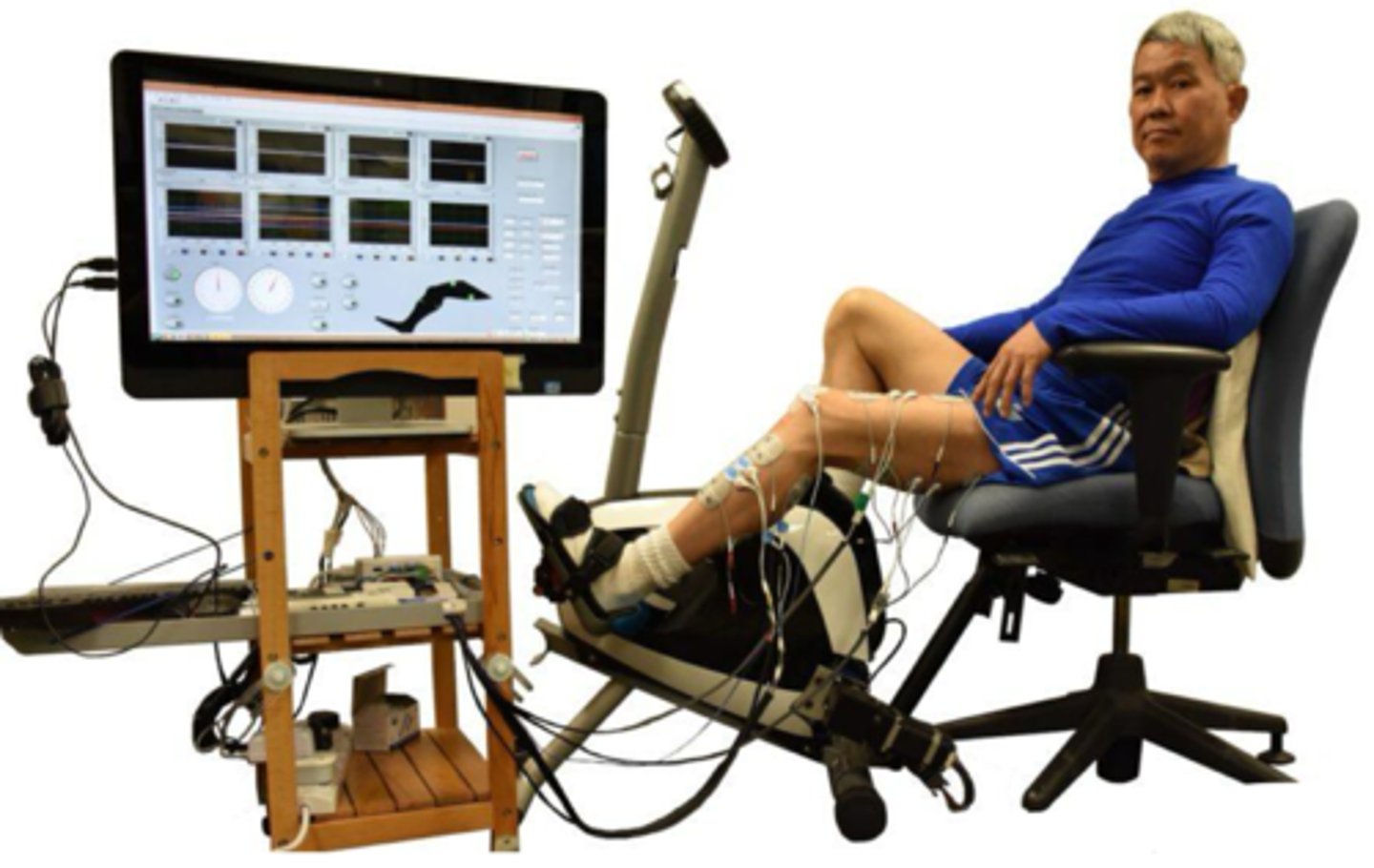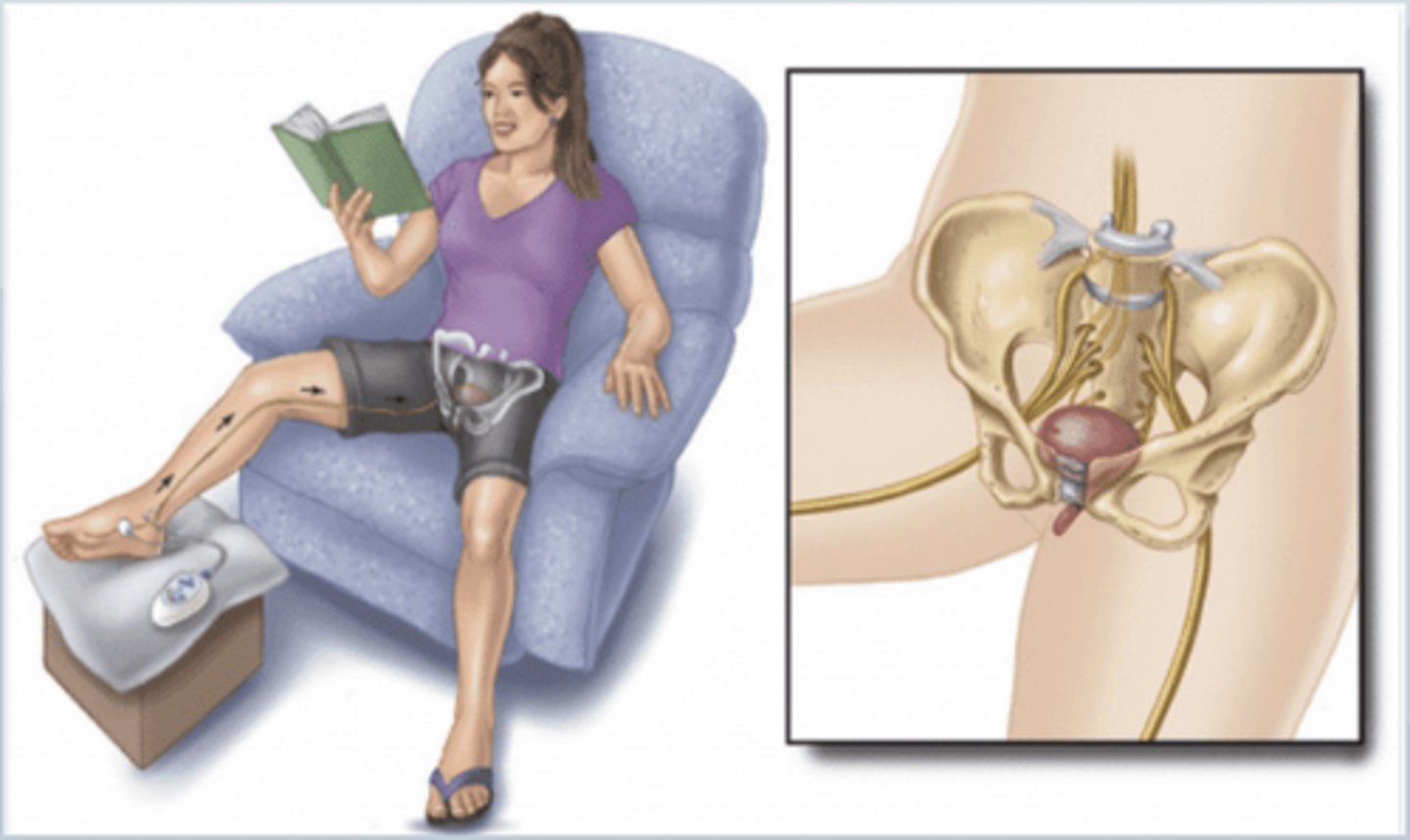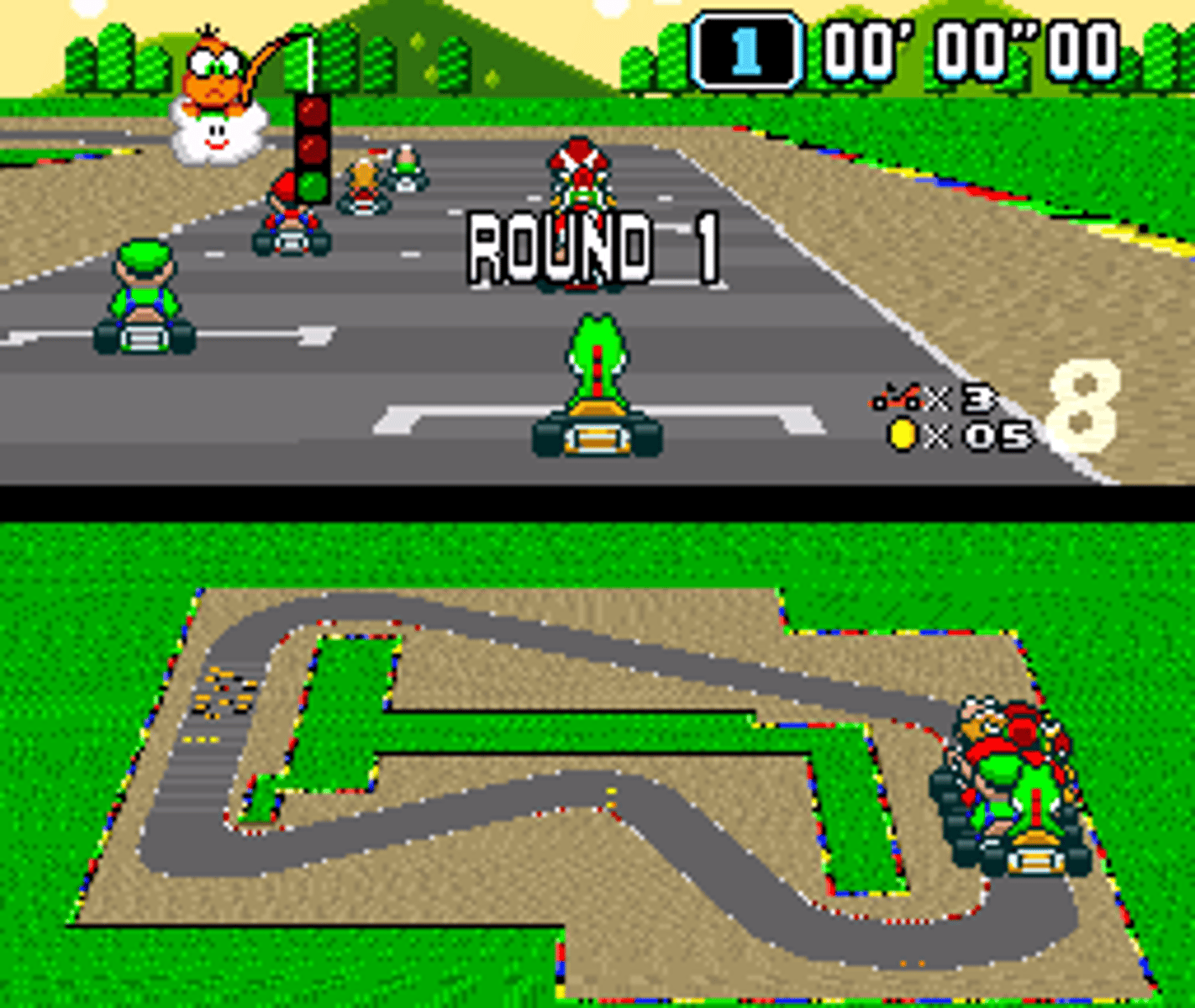Neuro PM: SCI research/advancements + psychosocial
1/54
There's no tags or description
Looks like no tags are added yet.
Name | Mastery | Learn | Test | Matching | Spaced | Call with Kai |
|---|
No analytics yet
Send a link to your students to track their progress
55 Terms
neuromodulation definition
use of electric impulses or chemicals to alter neuronal activitiy
SCI examples of neuromodulation
FES, TMS, intrathecal baclofen, transcutaneous SC stim, epidural SC stim
FES with SCI: used to enhance contraction of _______________ nerves
peripheral
FES with SCI can promote _____________ and prevent _________________
strengthening, atrophy
true of false: FES can aid in neuroplasticity
true, used with task-oriented approach!
FES with cycling

true of false: FES can NOT be used to enhance respiratory and bladder function
false

transcutaneous spinal cord stimulation (TSCS) uses electrodes over the ______________ segments
spinal cord
TSCS: previously established that this could alter ______________ ____________, activate ______ ________ ____________, and reduce ______________
LE reflexes, central pattern generators, spasticity
TSCS has UMN or LMN influence?
LMN
true or false: TSCS in combination with repetitive, task specific training and/or medications may reengage diminished neural connections and can meaningfully improve voluntary motor activation at an UMN level
true
TSCS often targets ________________ enlargement
lumbosacral
TSCS on cervical enlargement helps with ____________ strength
grip
epidural spinal cord stim (ESCS) more or less effective than TSCS?
MORE!
true of false: for ESCS the electrodes are placed on the surface of the skin
no they are implanted
drawbacks of ESCS:
money, invasive, infection
true or false: TSCS and ESCS have been around for centuries and the FDA says everyone should use them
false (experimental and not FDA approved)
what are the important parts of HIGT?
intensity, specificity, and repetition
incomplete SCI locomotor CPG:
brace them up, use harness for safety, and GO

true or false: most SCI patients get plenty of exercise, especially those in a power chair
false
what can counteract the accelerated aging after SCI?
exercise
what types of cells are being used for SC regeneration?
stem
reasons for lack of success with SC regeneration:
scarring from glial cells/astrocytes, proteins secreted by SC which inhibit growth, and inflammation
losses associated with SCI (psychosocial)
physical, functional independence, financial security, social role, personal autonomy/identity
true of false: each person with SCI will experience grief in their own way
true
true or false: level of injury will affect psychosocial adjustment
not necessarily
factors that influence adjustment after a SCI:
personality, values, attitude, psychological, age, education, financial security
early reaction to SCi
may seem confused and disoriented in first days/weeks, followed by a period of denial
why is a period of denial a normal/healthy response
allows reality to sink in and gradual coping skills to develop
why are patients confused/disoriented at first?
sensory deprivation, social isolation, loss of time cues, sleep deprivation, pain, side effects of medications
wide range of emotions associated with grief
sadness, anger, hostility, anxiety, panic, feels of inadequacy, shame, helplessness, vulnerability
greater life satisfaction has been correlated with:
level of injury, length of duration, younger age, higher education, married vs single
at 1 year what were the most positive predictors
gender, employment, perceived health status, social integreation, and mobility
at 2 years what were the strongest predictors
perceived health status, and mobility
access to the _____________ has a critical influence on positive life satisfaction
environment
educate family members because
their roles also change
self-advocacy skills
must become aware of legal protections and rights of disabled individuals
qualities of a therapeutic environment:
promote personal responsibility, be positive yet realistic, active problem solving, let them set goals and determine treatment options
true or false: it is important that our patients can identify, hire, and manage personal attendants
true
group counseling may be beneficial to allow for
exchange of emotions, promote mutual encouragement, role modeling, and problem solving
when is individual counseling indicated?
person is overwhelming or grieving process is pathologic
WISCI II (walking index for SCI)
used to determine amount of assistance and reliance on aids for walking in SCI (scored 0-20 with higher score indicating less severely impaired) (activity level)
Sickness impact profile
measure of quality of life, used to assess impact of disease on physical and emotional function, pt fills out (participation)
medical council short form 36
participation level, any neuro patient, how their life is affected
satisfaction with life scale
- In most ways my life is close to my ideal
- The conditions of my life are excellent
- I am satisfied with my life
- So far I have gotten the important things I want in life
- If I could live my life over, I would change almost nothing
satisfaction with life scale what part of ICF?
participation
spinal cord independence measure (SCIM)
-measures ADL performance, sphincter control, respiration and mobility
SCIM ICF level
activity
capability of upper extremity instrument ICF level
activity
Capability of upper extremity instrument
measures functional limitation with specific actions of arm
Penn Spasm frequency scale
Self-report measure that assesses a pt's perception of spasticity frequency and severity following an SCI
Penn spasm frequency scale ICF domain?
body function
craig handicap assessment and reporting technique (CHART)
big picture look at mobility, patient reported, multiple domains
CHART what domain ICF?
participation
Multidimension pain inventory (SCI version)
comprehensive about pain, specialized for pt with SCI